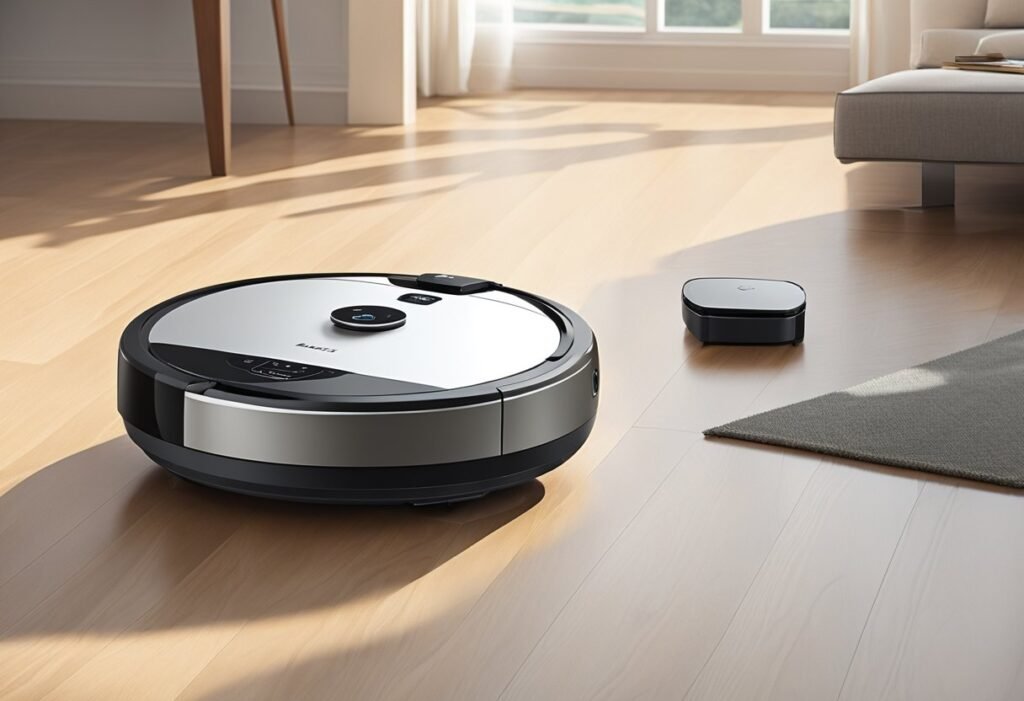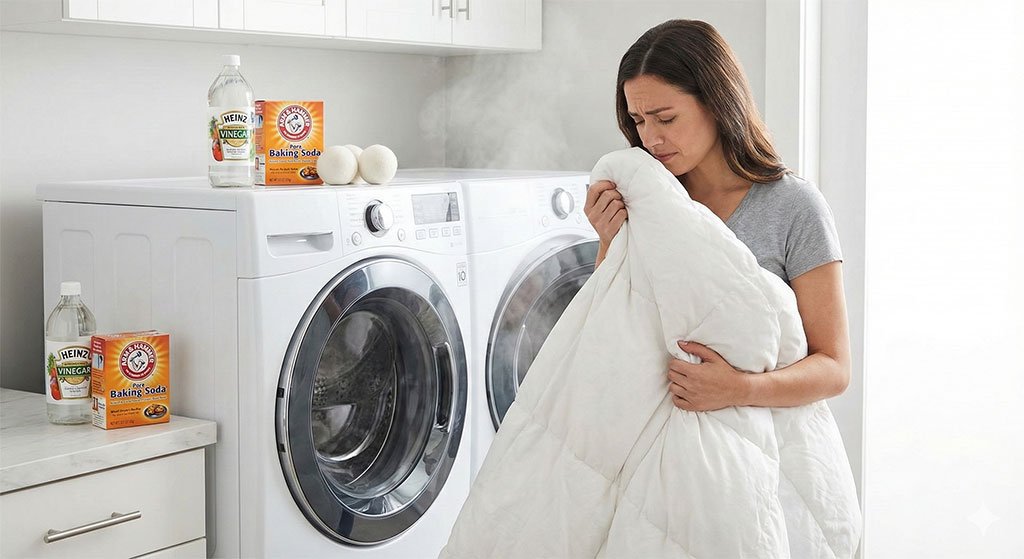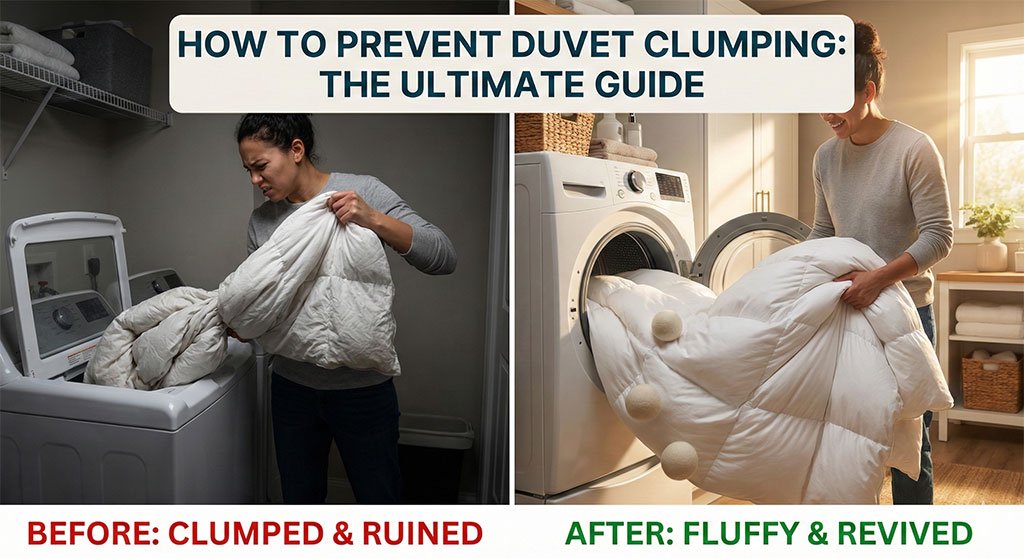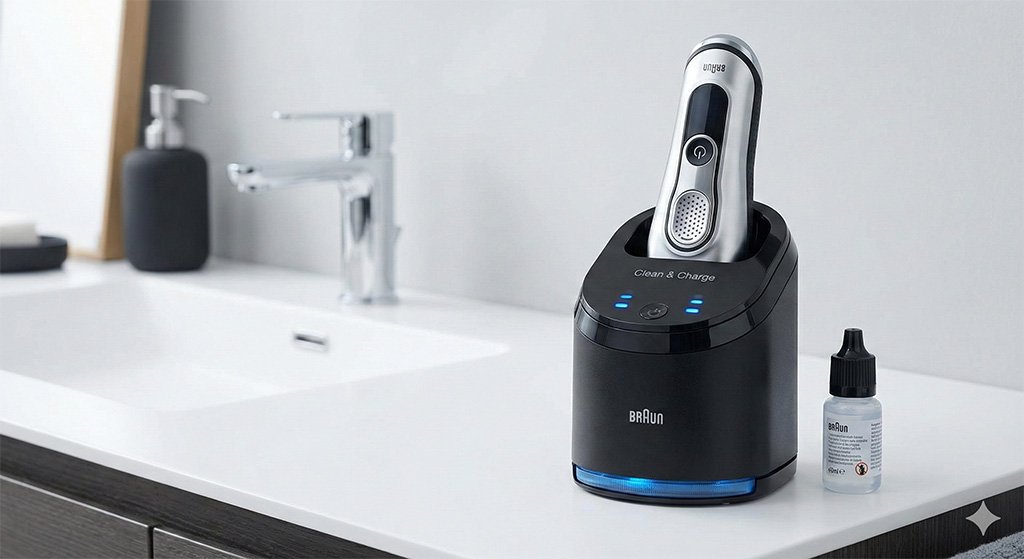Robot vacuum cleaners have become increasingly popular in recent years due to their convenience and time-saving features. They are designed to clean your floors without any human intervention, making them an attractive option for busy households. However, like any other technology, they come with their own set of advantages and disadvantages.
One of the major advantages of robot vacuum cleaners is that they save time and effort. They can clean your floors when you’re asleep or away from home, which means you don’t have to spend time doing it yourself. Additionally, they are designed to be more efficient than traditional vacuum cleaners, which means they can clean your floors more thoroughly in less time.
On the other hand, one of the major disadvantages of robot vacuum cleaners is that they can be expensive. While there are some affordable options available, the more advanced models can cost several hundred dollars. Additionally, they may not be as effective as traditional vacuum cleaners when it comes to deep cleaning carpets or removing tough stains. It’s important to weigh the pros and cons before deciding whether a robot vacuum cleaner is right for you.
Table of Contents
Advantages of Robot Vacuum Cleaners

Convenience and Time-Saving
Robot vacuum cleaners offer the convenience of automated cleaning, allowing you to multitask or relax while it performs the cleaning tasks. With programmable schedules, you can set the robot to clean at specific times, ensuring your floors are consistently maintained without manual intervention.
Efficiency and Performance
These devices are designed to efficiently navigate and clean different floor surfaces, including carpets and hard floors. Many models utilize advanced cleaning technologies such as suction power, brush design, and intelligent mapping to effectively remove dirt, dust, and pet hair from various areas of your home.
Smart Home Integration
Robot vacuum cleaners often integrate with smart home systems, allowing you to control and monitor them remotely using your smartphone or voice commands. This feature enhances the overall convenience and accessibility of maintaining a clean home environment.
Energy and Cost Savings
By automating the cleaning process, robot vacuum cleaners can contribute to energy efficiency and cost savings. They typically consume less power compared to traditional vacuum cleaners and can help reduce the need for frequent manual cleaning, potentially leading to lower maintenance costs over time.
Disadvantages of Robot Vacuum Cleaners

If you’re considering buying a robot vacuum cleaner, it’s important to understand the potential downsides before making a purchase. Here are some of the disadvantages of robot vacuum cleaners:
Limited Cleaning Capabilities
While robot vacuum cleaners are great for picking up surface-level debris, they may not be as effective as traditional vacuum cleaners when it comes to deep cleaning carpets or removing stubborn stains. Additionally, some models may struggle to clean certain types of flooring, such as high-pile carpets or uneven surfaces.
Maintenance and Repairs
Like any other electronic device, robot vacuum cleaners require regular maintenance and occasional repairs. This can include cleaning the brushes and filters, replacing worn-out parts, and troubleshooting any software or hardware issues. Depending on the model and the extent of the repairs needed, this can be a time-consuming and costly process.
Initial Investment Costs
One of the biggest disadvantages of robot vacuum cleaners is their initial cost. While some budget-friendly models are available, many of the more advanced models can cost hundreds or even thousands of dollars. This can be a significant investment, especially if you’re on a tight budget.
Navigation Issues
While robot vacuum cleaners are designed to navigate around your home on their own, they can sometimes encounter obstacles or get stuck in tight spaces. This can be frustrating, especially if you have a large or cluttered home. Additionally, some models may struggle to navigate around furniture or other obstacles, which can limit their cleaning capabilities.
Overall, while robot vacuum cleaners can be a convenient and time-saving addition to your cleaning routine, it’s important to consider the potential downsides before making a purchase. By understanding the limitations and potential issues, you can make an informed decision and choose a model that meets your needs and budget.
FAQ
What are the primary benefits of using a robot vacuum cleaner?
Robot vacuums offer several benefits over traditional vacuums. They are designed to work autonomously, so you don’t have to manually operate them. They are also compact and can easily navigate tight spaces, making them ideal for cleaning under furniture and in hard-to-reach areas. Additionally, robot vacuums can be programmed to clean on a schedule, so your floors are always clean without any effort on your part.
What are some common issues users face with robot vacuums?
One common issue with robot vacuums is that they can get stuck on objects or in tight spaces. Another issue is that they may not be as powerful as traditional vacuums, so they may not be as effective at picking up larger debris. Additionally, robot vacuums can be expensive compared to traditional vacuums.
How effective are robot vacuums on different types of flooring, such as carpets?
Robot vacuums are generally effective on most types of flooring, including carpets. However, some models may perform better than others on certain types of flooring. For example, some robot vacuums may struggle to pick up pet hair on carpets, while others may be designed specifically for this purpose.
Can robot vacuums efficiently handle pet hair cleanup?
Some robot vacuums are specifically designed to handle pet hair cleanup. These models typically have stronger suction power and specialized brushes to pick up pet hair. However, not all robot vacuums are created equal, so it’s important to do your research before purchasing one if you have pets.
What are the limitations of robot vacuum cleaners compared to traditional vacuums?
One of the main limitations of robot vacuums compared to traditional vacuums is that they may not be as powerful. They also may not be able to clean as thoroughly as traditional vacuums, especially on carpets or other types of flooring with deep pile. Additionally, robot vacuums may not be as effective at cleaning in tight spaces or around obstacles.
How do the cleaning capabilities of wet and dry robot vacuums differ?
Wet robot vacuums are designed to clean up wet messes, such as spills or pet accidents. They typically have a water tank and a specialized cleaning pad or brush to scrub the floor. Dry robot vacuums, on the other hand, are designed to pick up dry debris, such as dust, dirt, and pet hair. Some robot vacuums are designed to do both wet and dry cleaning, but these models may be more expensive.



